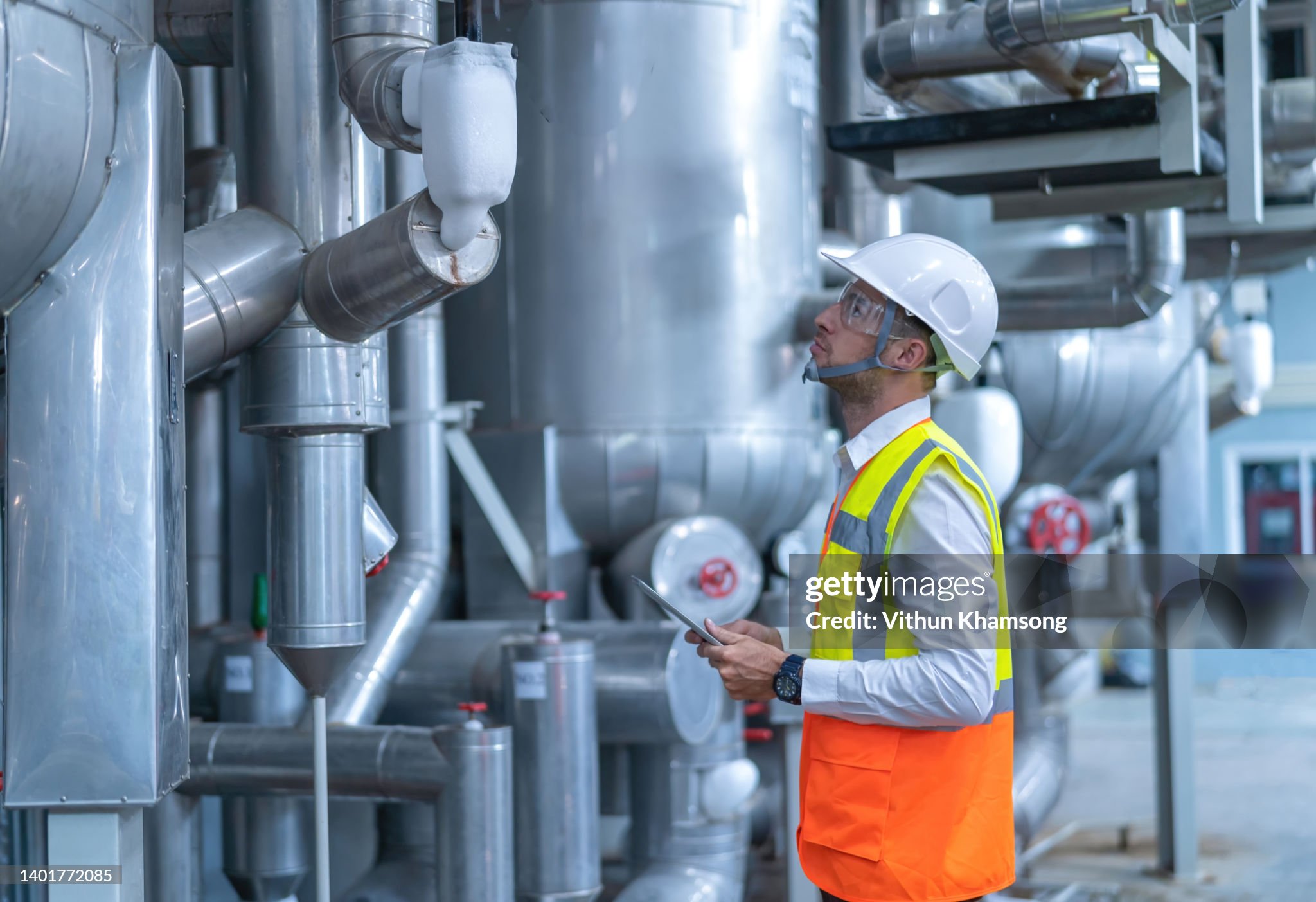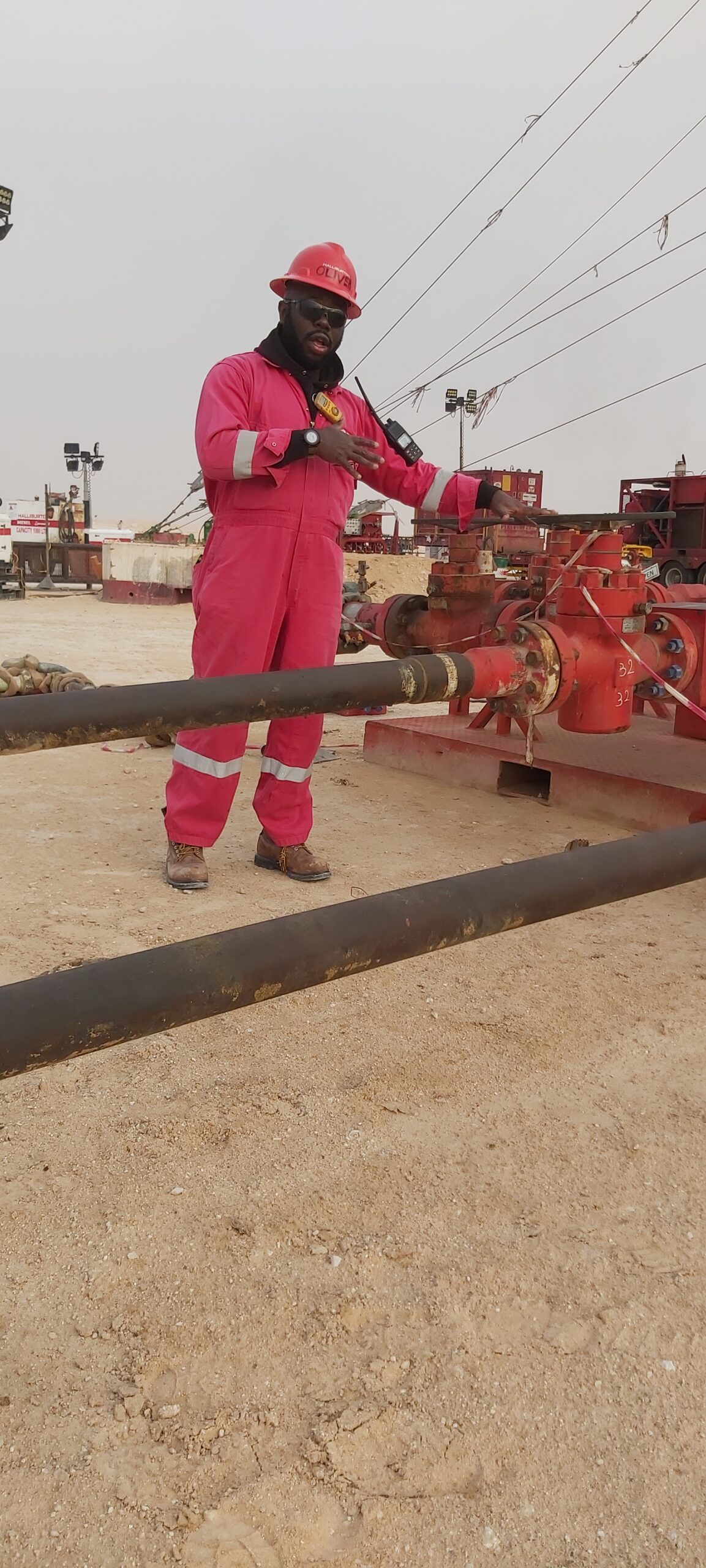The accounting and finance industries in Canada are huge, multi-faceted industries that have contributed to the consistent job growth observed throughout Canada over the past few years. The majority of accounting and finance positions in Canada are in the nation’s largest cities: Toronto and Montreal, and Vancouver. Toronto is currently the second-largest financial center in North America. Toronto is at the top of its class on various measures and the most desirable location for FinTech.
With the depth and size of Canada’s finance and accounting sectors, it comes as no shock that the country has numerous opportunities. However, how do newcomers to Canada get these lucrative jobs?
Like many other aspects of living in Canada as a first-timer, the better you’re prepared, the more likely you will land the perfect accounting, finance, or other position in which you will excel. What does this mean? It’s first important to be aware that many jobs in the accounting and financial sector in Canada are subject to regulation and could require that you be able to have your credentials and qualifications accepted before you can begin working from your new place of work. Find out more below.
Furthermore, Accounting and finance Work in Canada is extremely competitive. You must ensure that you are prepared for your interviews or make connections before the application you submit more on that in the future.
Then, you’ll have to know where to search for the finance and accounting jobs you’d like to apply for, right? To help you in this regard,
Moving2Canada’s sister business, Outpost Recruitment, specializes in the placement of international talent in Canada. Outpost Recruitment is primarily focused on engineering and construction jobs; however, as experts in employment for people new to Canada, They have partnered with several reputable recruiters to help those who have a background in finance or accounting get an excellent career in Canada. When you fill out the form below, we might be able to match your needs with any of these partners who will assist you in making an immediate difference in your career in Canada.
What occupations are regulated in Canada?
Concerning the rules of Work in Canada, There are three types of Work:
1. Unregulated professions:
For these, you don’t require any certificate or license, which means you can start your career immediately upon arrival in Canada. IT and tech jobs are prime examples of occupations that are not regulated in Canada.
2. Regulated professions:
For these, you’ll need the correct license or certificate for your profession. The local regulatory authority issued the certificate or license in charge of the occupation you are working in. A majority of legal and healthcare professions are subject to regulation in Canada, and so are many jobs in finance and engineering.
3. Skilled trades:
Tradespeople also require licensing or certification to perform their profession in Canada. The provincial authorities control this certification or licensing. The Red Seal program also controls a lot of trades that are conducted in Canada — discover more.
Foreign credentials vs. foreign qualifications What’s the difference?
When you go through this process, it is possible to read about credentials from abroad on one page and about the foreign qualifications on another. What’s the difference?
Technically speaking, foreign credentials refer to programs of study completed outside Canada, and foreign credentials are used to describe the combination of academic credentials, experience in the workplace, and other skills. Certain Canadian provinces employ an equation like this:
-
Qualifications = Credentials + Competencies + Experience
In reality, many companies and industries will interchangeably employ both terms, so be ready to be confused.
You’ll need to follow an entire process for those new to Canada employed in a legally-regulated profession. First, you’ll need to have your credentials from abroad accepted. The second step is to get your credentials from abroad accepted (the first step is part of the 2nd step). The third step is to get the right authorization or certificate to carry out your trade-in in Canada.
Continue Below. Are you looking for the most up-to-date Information on immigration?
Create an account for the Free Moving2Canada account to receive Information on immigration in your inbox. You will also receive an e-copy of the Getting Started Guide!
CREATE YOUR ACCOUNT
ADVERTISEMENT
We hope you’re enjoying the content we have posted on Moving2Canada.
We are proud to provide timely and accurate information about immigration to our readers. The revenue from our trusted advertisers contributes to this effort.
What is the procedure for the foreign qualification recognition process function?
The process for recognizing foreign qualifications is dependent on the profession you work in and the province in which you are planning to work. To find the occupational requirements for each province or territory, you can consult the following directory.
There are some items you should expect in your recognition of foreign qualifications.
Education Credentials Evaluation: You’ll likely have to prove that your international education is comparable to the same kind of credentials that you can get in Canada. You’ll need the Educational Credentials Assessment (ECA) to do this. An ECA is often required for applications to the immigration system So; you might already have one.
Verification of previous work experience: Regulatory authorities may ask for proof of prior work experience. Many professional licenses within Canada require applicants to have prior work experience.
Language tests: Certain occupations in certain provinces might require you to prove the ability to speak either English or French to perform the job.
Competency tests/exams: In certain professions where an official exam or test is required to be employed in a particular province or territory. For instance, nurses registered in Canada must pass an examination known as the NCLEX-RN test.
Directory: Regulated Occupations by Province
To learn more about the process for recognizing foreign qualifications for your job, begin by choosing the province in which you’re planning to reside in Canada. Below is a directory containing information on the regulated professions in Canada’s 13 territories and provinces.
Alberta Alberta Foreign Qualifications Recognition: Comprehensive resource about recognizing foreign qualifications in Alberta and include the list of regulated occupations (organized through industry) and the regulatory authority that regulates them.
British Columbia – Foreign Credentials Recognition: Basic resource providing Information on foreign credential recognition. For Information on specific requirements for occupations such as licensing and regulation, Please consult the WorkBC Career Profiles.
Manitoba Trades and occupations Regulated: The resource was developed by Immigrate Manitoba, providing Information on newcomers’ foreign qualification recognition process. It includes fact sheets and hyperlinks to the regulatory authorities for the occupations that are regulated.
New Brunswick – Foreign Qualifications Recognition and Regulated Occupations: A resource for recognizing foreign qualifications within New Brunswick, including a list of regulated occupations and the provincial regulatory agencies.
Newfoundland and Labrador Foreign Recognition of Qualifications: Newfoundland offers an informational website that provides basic details regarding the recognition of foreign qualifications and links to the most prominent professions regulated within the province. For more Information on licensed trades regulated in Newfoundland, refer here. For more details about those working within the health industry within Newfoundland, refer here.
Northwest Territories :No public resource: One of Canada’s less populated northern territories, The Northwest Territories does not offer an information source on foreign qualifications recognition or regulated occupations. However, you can consult this guideline from The Canadian Information Centre for International Credentials If you’re looking to work for this region. Northwest Territories.
Nova Scotia – International Qualifications Recognition: Guidelines for recognizing international qualifications within Nova Scotia, with links to all provincial regulatory authorities in all occupations subject to regulation.
Nunavut Occupations with Regulated Status: Nunavut is an Arctic territory with an enviable population but very limited immigration. However, you can use this website to get information on the regulated professions available in Nunavut.
Ontario”WorkWork in your trade or profession: Information and resources regarding recognizing foreign qualifications in Ontario with a complete list of all regulated occupations and the regulatory authority for the corresponding province.
Prince Edward Island International Recognition of Foreign Qualified: A resource for those who are new to PEI and want foreign qualifications recognized in PEI. Please consult the documentation for a complete list of PEI-regulated jobs and provincial regulators for PEI.
Quebec Immigration and regulated occupations: Information for immigrants who want to work in Quebec. Links to all the occupations regulated in Quebec and their respective province-wide regulatory authorities.
Saskatchewan Regulated Occupations, Licensing, and Requirements: Information for foreign workers working in Saskatchewan include Information on occupational titles, licensing requirements, and links to provincial regulatory agencies for all regulated occupations.
Yukon – Foreign Recognition of Qualifications: Resource Guides on recognizing foreign credentials and qualifications. This includes a list of regulated jobs; however, please visit this page for more information on licensing and regulatory agencies.
Suppose you need longer than expected to get your certification or license that allows you to work in Canada legally. In that case, You may want to consider an unregulated job in your field as you undergo the formal process. This will allow you to become familiar with the work environment in Canada and establish a relationship and get ready for a full-time profession once you’ve obtained the appropriate certificate or license.
The licensing and certification process is just one aspect of building a job in Canada. You must also get an offer of employment! For more details on how to get an opening in Canada and how to create your resume to be viewed by Canadian employers, check out our section on employment.


